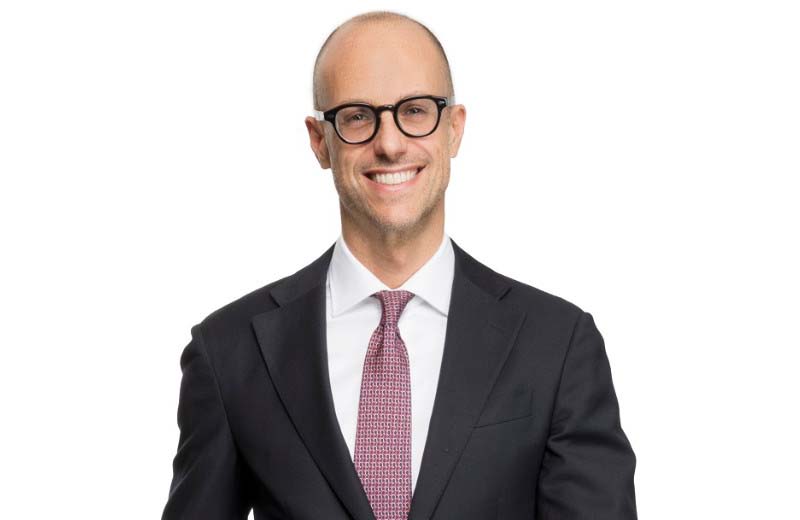In today’s post, Alessandro Trebbi, Director People & Organization at Enel Romania, talks about what actions the company has been taking in diversity management.
What is your personal definition for diversity and inclusion?
Diversity in its essence is about empowering people by respecting and appreciating what makes them different in any dimension, it’s about engaging with different perspectives in a safe and positive environment. This safe and positive environment is what defines inclusion, a place where people accept each other’s uniqueness, they are treated fairly and respectfully, feel supported and appreciated for their qualities and skills, have equal access to opportunities and they can fully contribute to the mission of the company.
What are the main pillars of the D&I strategy at Enel and how hard has it been to get here?
In increasingly polarized times, diversity in the workplaces is more important than ever. Enel Group operates in more than 30 countries across 5 continents with over 69,000 people from all around the world. Fostering diversity and inclusion it’s embedded in our corporate’s culture and strategy and it’s one of the most important pillars towards innovation. Our D&I strategy includes practices and actions that refer to gender, age, nationality, and disability at all levels and in all organizational context:
- We are aiming to guarantee equal gender representation in the recruitment processes and also equal opportunities for people with disabilities inside the company.
- In partnership with schools and universities we are encouraging women to choose technical careers.
- We are supporting our people to openly express their abilities and to contribute through feedback in creating a strong community of teams that complement each other.
- We are focusing on creating a robust pipeline of women for managerial roles by providing dedicated learning and development programs as: coaching, mentoring or leadership programs.
How might leadership think more creatively about recruitment in organizations? Could you share with us a personal story?
In these complex and massive changing times, upskilling and reskilling have taken a sense of urgency. For organizations to succeed in this workforce war, a major shift in thinking about recruitment and development is required: skill-focused, lifelong learning, potential and cultural fit with the organization is of paramount importance. This people-oriented mindset ensures a more diverse talent pool and a more effective recruitment process. And of course, the more diverse an organization gets, the more important inclusion becomes. People are brought together by what they have in common, but it’s their differences that round out the teams’ strengths. Therefore, organizations need to have a commitment towards a culture of listening, learning, co-creation & learning from others.
In your opinion, in which way has the diversity and inclusion sector changed in the last years?
Companies have understood that fostering diversity and inclusion can be an opportunity to create value. We believe that every single person has specific talents and just by ensuring highly diversified teams we can complement people’s talents and build stronger teams. During the last years, significant progress has been made. Companies have included diversity and inclusion into their business strategy. This is also the case with Enel, which included diversity and inclusion among the parameters by which it measures its goals in the Sustainability Plan. For us at Enel the ability to accommodate all types of diversity is not only an ethical and social duty, but also a strategic asset. Valuing diversity as a source of growth is the real driver of change and the key to promoting inclusion.
What battles have been won and what are still on going?
It’s difficult to think in terms of battles won, I would rather refer to the progress that we have made and the journey that has brought us so far.
The Enel Group (Romania included) is working to replace boundaries and obstacles with new opportunities leveraging on the unique mix of talents that everyone brings to work. One of Enel’s aims is to make energy available to everyone by developing the potential of the Group’s most precious assets, the people it works with.
We started out in 2013 with the publication of our Human Rights Policy and continued in 2015 by committing to the Women’s Empowerment Principles, promoted by UN Global Compact and UN Women. That was also the year when we published our Diversity and Inclusion Policy. In 2019, Enel has joined the “Valuable 500”, a global movement calling for the participation of 500 private companies aimed at unlocking the business, social and economic value of people living with disabilities across the world. In 2021, following the exceptional 2020, Enel went forward and set-up the Value for Disability plan, in order to create an inclusive and accessible environment for current & future employees of the group and for all customers. In 2022 we are focusing on building a culture of inclusive leadership, while encouraging the wellbeing of our colleagues through dedicated wellbeing programs and supporting gender equality and women empowerment.
We are amid a powerful transformational process, at the end of which our companies will become more fluid. This is a way to quickly adapt to an ever changing economic and social context not only in Romania, but globally, so that our clients’ needs are met.
Interview by Dana Oancea. Copyright Carta DIversitatii, all rights reserved.
